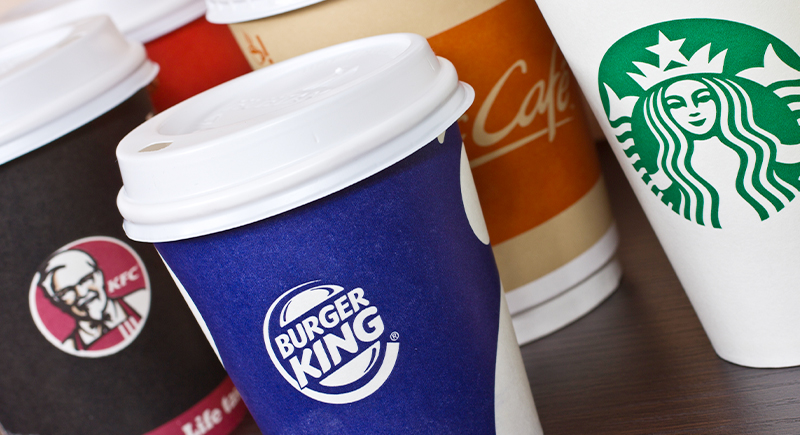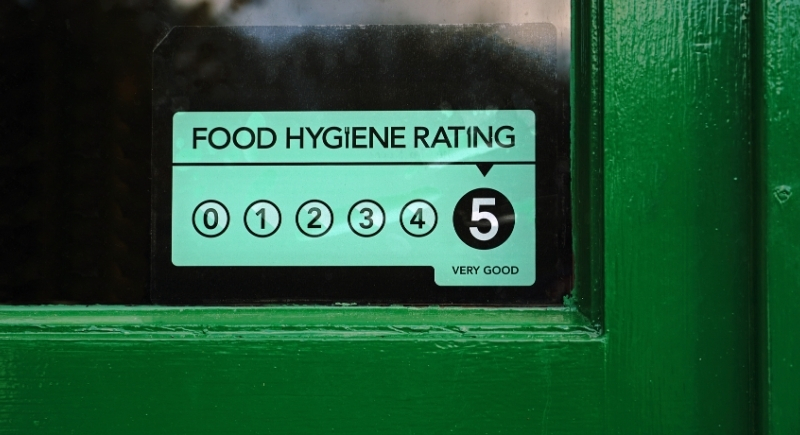An Investigation Found Fecal Bacteria in the Ice at Major Fast-Food Chains
A BBC investigation has uncovered something that might make you reconsider your next drive-thru soda. Researchers from BBC Watchdog tested ice samples from 30 fast-food restaurants across the U.K., including McDonald’s, KFC, and Burger King. They found traces of the same bacteria found in poop. Over half the samples were contaminated, with several showing what experts described as “significant levels.”
The issue stems from poor hygiene practices. Experts believe contaminated ice often comes from employees handling it with unwashed hands or from ice machines that aren’t cleaned properly. This kind of bacterial cross-contamination isn’t rare, either. ABC News ran a similar investigation in the U.S., discovering that some American fast-food ice contained more bacteria than toilet water.
It’s Not Just KFC

Image via iStockphoto/sndr
KFC wasn’t the only chain under the microscope. Watchdog found fecal bacteria in drinks from Burger King and McDonald’s, too. Out of 30 restaurants tested, ice at three McDonald’s, six Burger Kings, and seven KFC locations tested positive. Four Burger King samples and five KFC samples had particularly high contamination levels. These results came shortly after a similar test found fecal bacteria in iced drinks from Starbucks, Costa Coffee, and Caffè Nero. The pattern suggests that many big-name chains may have the same hidden hygiene problem inside their ice machines.
The presence of fecal bacteria in ice might sound like an isolated case, but it points to a larger issue in the fast-food industry. Ice machines often fall low on the cleaning priority list, even though they’re used daily. Health inspections in the U.S. have repeatedly flagged mold, slime, and debris inside these machines. When you think about how much ice passes through fast-food restaurants every day, the risk becomes clearer.
Fast-Food Chains Respond
When the BBC results were released, the companies that were named didn’t waste time responding. McDonald’s, KFC, and Burger King all made public statements about their commitment to hygiene and safety. KFC even shut down ice machines in affected restaurants and launched an internal investigation. The move followed another blow to the chain after BBC’s Rip Off Britain found high levels of fecal bacteria in ice from a KFC in Birmingham. The restaurant in question had recently scored a zero on its hygiene rating and closed for a deep clean. After inspections and retraining, it was later rated five out of five.
Dr. Margarita Gomez Escalada from Leeds Beckett University, who analyzed the samples, explained that the contamination probably happened through direct handling. In simple terms, someone touched the ice with dirty hands. She added that such bacteria can cause illness, especially in people with weaker immune systems.
What Can You Do?

Image via Getty Images/navorolphotography
If you’re now side-eyeing every cup of iced soda, you’re not alone. One quick tip is to check the hygiene rating before eating somewhere. In England, restaurants aren’t required by law to display these ratings, but you can still look them up online. Asking for a drink without ice might not be a bad idea either, at least until fast-food chains tighten up their cleaning routines. KFC has already introduced retraining programs for staff to reinforce proper handwashing and cleaning procedures, and other chains are expected to follow.